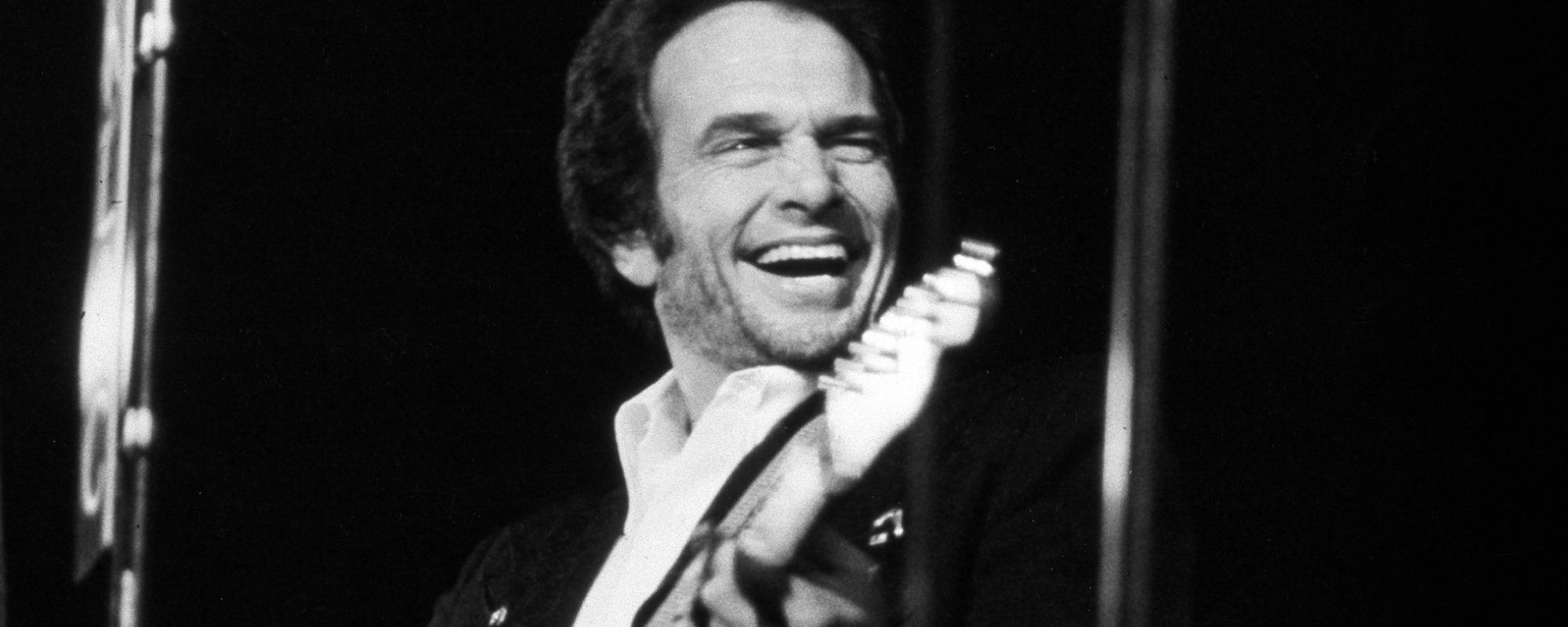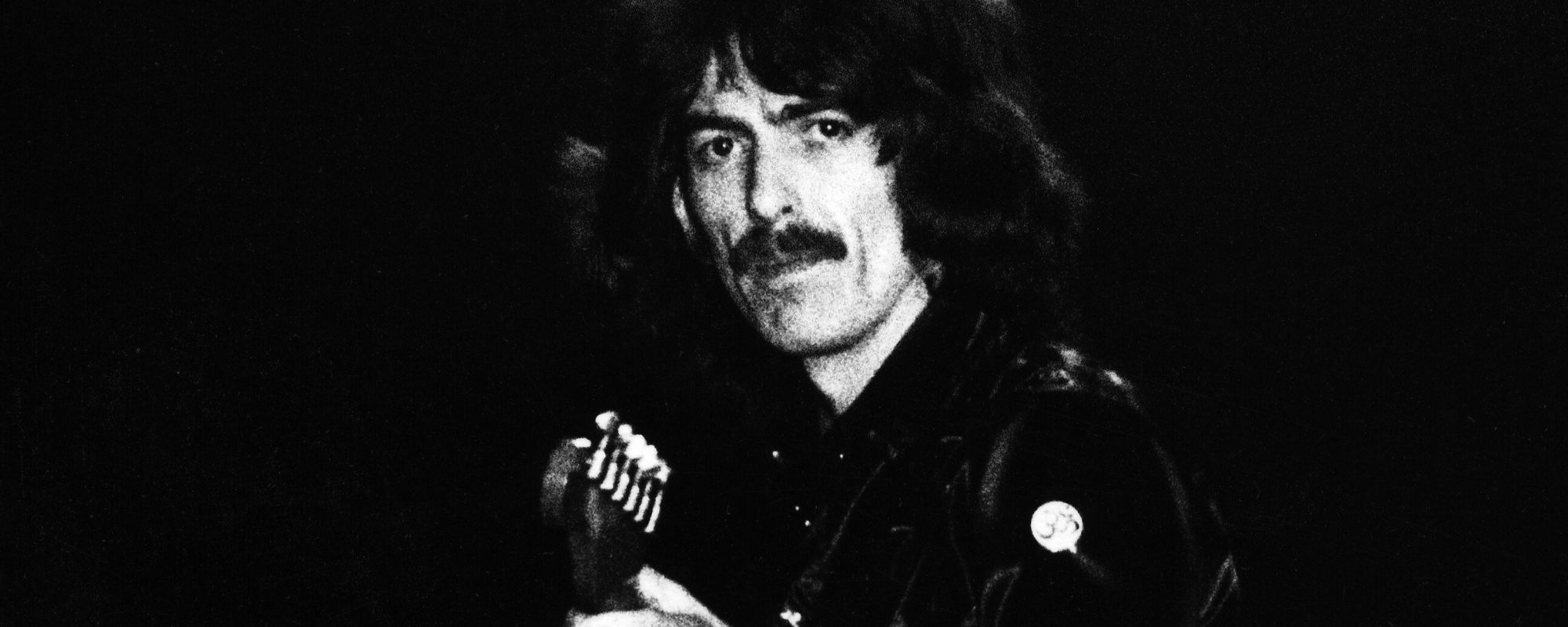We think of The Rolling Stones as the everlasting troublemakers of the rock and roll set. It’s an image that they’ve been more than happy to cultivate over more than six decades of history. But once upon a time, they released one of the most sensitive ballads of its era in “Ruby Tuesday”. It’s a character sketch that sums up the motivations of the title character in a few touching lines at the end of the song.
Videos by American Songwriter
An Unlikely Hit
Maybe The Rolling Stones weren’t quite sure of what they had in “Ruby Tuesday”. They initially made it the B-side to the 1967 single that they released in the United States, ceding the A-side to “Let’s Spend The Night Together”. (In the UK, those two songs arrived as a double A-sided single.)
You can understand their reticence in foregrounding the song. Here they were, the supposed enfants terribles of rock, with a sweet-dispositioned love song decked out in a recorder part played by Brian Jones. It’s unsurprising that they went with “Let’s Spend The Night Together” as the A-side in America.
But DJs shied away from “Let’s Spend The Night Together” because the lyrics were problematic for the time. Instead, they started spinning “Ruby Tuesday”, which went to No. 1. Surprisingly, even though it was Mick Jagger singing the song, he had nothing to do with writing it.
“Tuesday’s” Gone
Like most of the original songs recorded by The Rolling Stones, “Ruby Tuesday” is credited to Jagger-Richards. But Keith Richards actually did all the writing on this one. Heartbreak inspired the song, as a girlfriend had left him for another man. Granted, that man happened to be Jimi Hendrix. But that’s not the important part of the story, at least where the song is concerned.
Instead of bitterly complaining about her behavior, the narrator of “Ruby Tuesday” sympathizes with her decision-making process. Throughout the song, she burrows ahead with tunnel vision instead of looking back at what she’s left behind. “Yesterday don’t matter if it’s gone,” she insists.
In the second verse, Richards explains her philosophy on relationships, which is that they shouldn’t tie anybody down. “Don’t question why she needs to be so free,” the narrator warns. “She’ll tell you it’s the only way to be.”
The Life Span of Dreams
All that sets us up for the final verse, where the girl makes her strongest case for her peripatetic approach to life. She explains why a person has no choice but to follow their dreams with haste, as they’ll elude you otherwise.
That’s when Richards hits us with the song’s crucial lines. “Dying all the time,” Jagger sings. “Lose your dreams and you will lose your mind.” The girl’s point, one with which the narrator shows no disagreement, is that we are all living on borrowed time. Without questing for dreams, we’re basically just playing out the string in our individual lives.
“Ruby Tuesday” not only eludes the narrator, but she also evades the efforts made by others to try to label her. Keith Richards eloquently explains why no one could contain her, even as he can’t hide his heartbreak at being one of the ones who tried.
Photo by Bettmann/Getty Images










Leave a Reply
Only members can comment. Become a member. Already a member? Log in.